This completely absorbing film follows an eventful day in the life of Feña (Lío Mehiel), a twenty-something trans man living in Brooklyn. It begins late night at a small bar, where Feña glimpses his ex-boyfriend John (Cole Doman), who he hasn’t seen in quite some time. The two do bumps of coke and end up caught in the rain, running soaked to an afterhours laundromat for shelter. John—curt, awkward, and unfriendly to Feña at first—seems unable to behave with much decency in the aftermath of Feña’s recent transition. But something thorny happens between them, and they rejoin, fumblingly, into the morning and throughout the ensuing day.
Feña is on a mission to pick up his Chilean father, Pablo (Alejandro Goic), at the Newark airport, but his plans keep going awry, including the sudden appearance of his teenage sister Zoe (MiMi Ryder), who has skipped school and simply wants to spend a day with her brother. Zoe lives with their mother, from whom Feña is estranged. As in most movies set during a 24-hour period, many mishaps result: Feña’s asking for Plan B pills at a pharmacy, slipping while trying to jump a subway turnstile, and getting locked out of an apartment.
Throughout, Feña endures the coldness, constant prejudices, misgendering, and microaggressions from strangers, friends, and family. The film packs in a lot in its fleeting running time, and occasionally there is the sense of what can be construed as contrivance in all the piled-upon adversities that hit him and all the important figures of his life—who he hasn’t seen in some time—conveniently surfacing in a single day.
However, there is an unshakable empathy and genuineness in Vuk Lungulov-Klotz’s thoughtful direction and in the incredibly nuanced performances. This a New York film—parts of the city and boroughs shot with summery auburn glow by cinematographer Matthew Pothier. A breezy soundtrack of indie shoegaze creates an enveloping atmosphere.
Because the film could verge on being didactic, the central performance is critical, and Mehiel is captivating as the tough, sensitive Feña, who has the loving support of some and little support, or outright disapproval, from others. As Feña’s younger sister, there’s a wise-beyond-years quality in Ryder—a faraway glance communicates a roaming mind—while Goic is tremendous in his brief, yet pivotal turn as a complicated father. Doman emerges as one of the biggest surprises, both in the role he is playing and in the performance itself: He seesaws between different registers and layers of emotion and discomfort. A crucial, climatic scene between Feña and John is powerful.
But the small moments can be potent too. One of the most winning is a car ride with John driving, Feña in the passenger seat, and Zoe in the back as the characters’ past, present, and futures fuse. Who is in control in this moment, and what are the underlying currents at play? Is there a flicker of flirtation between John and Zoe, or is that just a flicker of John’s consideration and tenderness? When Lungulov-Klotz leaves these things unsaid and unexplained, Mutt is at its richest and most mysterious.

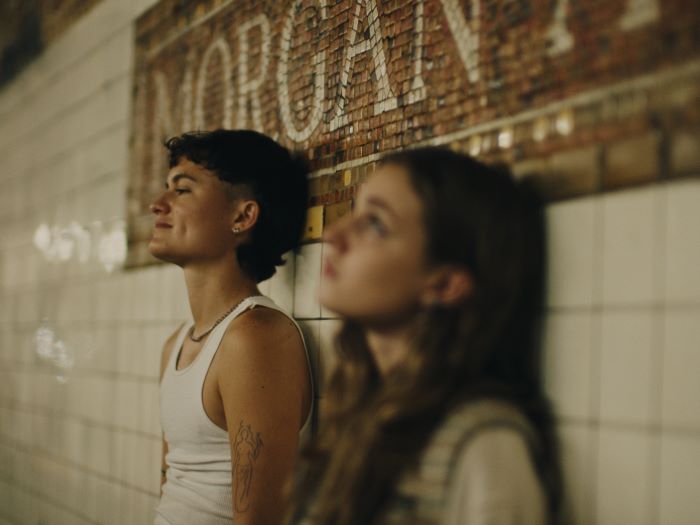
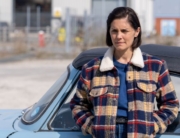
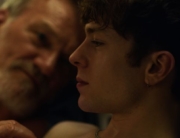
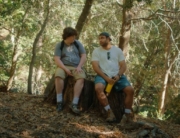
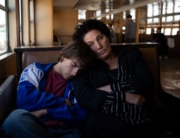
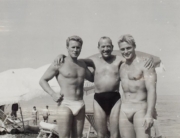
Leave A Comment